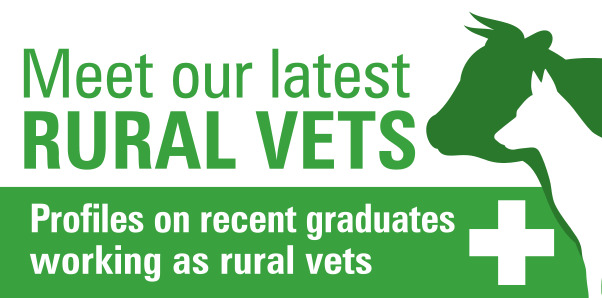

New vet Catherine Nelson is enjoying being part of the rural community in North Otago.
The 24-year-old was born and raised in Coventry in central England and was 8 when her family moved to Blenheim in Marlborough.
Despite living most of her life in New Zealand, her West Midlands accent remains.
"I never quite lost it," she said.
The self-proclaimed townie graduated from Massey University in Palmerston North with qualification to work as a veterinarian in 2022.
As part of her study, she gained experience at vet clinics, working with large animals including cows and horses, to gain a better understanding how different farm systems worked and she very much enjoyed the large animal aspect.
To be eligible for the voluntary bonding scheme, a graduate had to work at a clinic where the workload was at least 60% large animals or working dogs, Miss Nelson said.
One of her work placements during a university break was during calving at Veterinary Centre Oamaru in August 2021 and she enjoyed her time in the town.
"Oamaru has a nice feel as a town — I feel at home there," she said.
To her, the appeal was the sense of community, something which could be lacking in a big city.
A lot of young graduate vets sought work in bigger cities because they believed there was a better social scene, she said.
"There’s a fantastic sense of community in rural areas and there’s a great social environment here if you take the time to participate."
She began working fulltime as a vet in Oamaru in January last year and southern farmers had been "amazing and supportive", willing to share their knowledge and expertise.
Memorable moments included performing a Caesarean section on a ewe to deliver twin lambs which was "pretty exciting".
She also delivered three pups from a working dog by Caesarean section.
Being able to diagnose and create a treatment plan for a sick animal was rewarding,
"Getting a gut issue right again can be quite satisfying."
She appreciated the support from her clinic, the community and the scheme.
"I think the scheme is really valuable and I appreciate being part of it. I think the scheme is doing a good job of encouraging vets into the areas we need them the most," she said.














